Two words in this Gospel are almost terrifying: Jesus “touched him.”
We are so far removed from what leprosy signified in biblical times, that this image of Jesus stretching out his hand to touch a person whose body was consumed by the disease has no effect on us.
Lepers were the walking dead who were banished to live outside towns in caves, tents, or garbage dumps. Even breathing the same air as a leper was thought to be dangerous, since leprosy was considered highly contagious. Leprosy consumed a person’s body, leaving stumps where fingers, hands, feet, or noses had once been. The laws dictated that lepers were to maintain a twelve-step distance from others, cover their mouths with a cloth, and cry out “unclean, unclean” to announce their presence.
Most of us still have lingering memories of the fear we experienced with COVID-19, when being within six feet of another or breathing the same air conjured up the possibility of a painful death. We learned to stay away from others to protect ourselves and those we love.
Jesus, instead, “touched” the leper. He stepped over the imaginary line, entering into the danger zone of closeness with the leper. He got close enough to this man to smell the putrid odor of his decaying flesh. He could feel the man’s foul breath on his face. He got closer still in order to touch the body of the leper, putting his fingers into the wounds of his oozing sores. He conveyed to this man that he wanted to heal him so much that he himself was willing to risk his life, to give his life. He was close enough to look directly into the eyes of a person whose face was horrifically disfigured and perhaps even unrecognizable. And Jesus touched him.
Sometimes we may feel that we have become disfigured, unrecognizable, because of the wounds we have received in our lives and the brokenness of our own sin. And Jesus touches us. We may consider certain people in our lives “lepers” in the sense that they think, speak, or act in ways that threaten us or walk outside the path of discipleship with the Lord Jesus. And Jesus touches them.
There is no leprosy that frightens Jesus away, no disfigurement that makes him draw back. One day, when thinking of certain people in my life, wondering how they could be at peace with what they were doing, I heard God say to me this: “I know. Only I know.” Jesus touches each of us in the places of our leprosy. Each of us is known intimately and lovingly by a God unafraid to enter into our misery and walk with us on our journey to the Kingdom.
I invite you to ask yourself in a moment of prayer today: “Jesus, what does this say about you and about me?”
Dos palabras en este evangelio son casi aterradoras: Jesús “lo tocó”.
Estamos tan alejados de lo que significaba la lepra en los tiempos bíblicos, que esta imagen de Jesús extendiendo su mano para tocar a una persona cuyo cuerpo estaba consumido por la enfermedad no tiene ningún efecto en nosotros.
Los leprosos eran unos muertos vivientes que eran desterrados a vivir fuera de las ciudades, en cuevas, tiendas de campaña o basureros. Se pensaba que incluso respirar el mismo aire que un leproso era peligroso, ya que la lepra se consideraba altamente contagiosa. La lepra consumía el cuerpo de una persona, dejando muñones donde antes había dedos, manos, pies o narices. Las leyes dictaban que los leprosos debían mantenerse a una distancia de doce pasos de los demás, cubrirse la boca con un paño y gritar “inmundo, inmundo” para anunciar su presencia.
La mayoría de nosotros todavía tenemos recuerdos persistentes del miedo que experimentamos con el COVID-19, cuando estar a menos de dos metros de otra persona o respirar el mismo aire evocaba la posibilidad de una muerte dolorosa. Aprendimos a mantenernos alejados de los demás para protegernos a nosotros mismos y a nuestros seres queridos.
Jesús, en cambio, “tocó” al leproso. Cruzó la línea imaginaria, entrando en la zona peligrosa de cercanía con el leproso. Se acercó lo suficiente a este hombre como para oler el olor pútrido de su carne en descomposición. Podía sentir el mal aliento del hombre en su rostro. Se acercó aún más para tocar el cuerpo del leproso, metiendo los dedos en las heridas de sus llagas supurantes. Le transmitió a este hombre que quería curarlo tanto que él mismo estaba dispuesto a arriesgar su vida, a dar su vida. Estaba tan cerca que podía mirarle directamente a los ojos de una persona cuyo rostro estaba horriblemente desfigurado y tal vez incluso irreconocible. Y Jesús lo tocó.
A veces podemos sentir que somos desfigurados, irreconocibles, por las heridas que hemos recibido en nuestra vida y el quebrantamiento de nuestro propio pecado. Y Jesús nos toca. Podemos considerar a ciertas personas en nuestras vidas “leprosos” en el sentido de que piensan, hablan o actúan de maneras que nos amenazan o se salen del camino del discipulado con el Señor Jesús. Y Jesús los toca.
No hay nada que le asusta a Jesús, ni desfiguración que le haga retroceder. Un día, al pensar en ciertas personas en mi vida, preguntándome cómo podían estar en paz con lo que estaban haciendo, escuché a Dios decirme esto: “Lo sé. Sólo yo lo sé”. Jesús toca a cada uno de nosotros en los lugares de nuestra lepra. Cada uno de nosotros es conocido íntima y amorosamente por un Dios que no teme entrar en nuestra miseria y caminar con nosotros en nuestro camino hacia el Reino.
Te invito a preguntarte hoy en un momento de oración: “Jesús, ¿qué dice esto de ti y de mí?”

Sr. Kathryn James Hermes, FSP, is an author and offers online evangelization as well as spiritual formation for people on their journey of spiritual transformation and inner healing. Website: www.touchingthesunrise.com My Books: https://touchingthesunrise.com/books/
Public Facebook Group: https://www.facebook.com/groups/srkathrynhermes/ HeartWork Spiritual Formation Group: https://touchingthesunrise.com/heartwork/
Feature Image Credit: Dzambel, cathopic.com/photo/21109-christ-is-risen
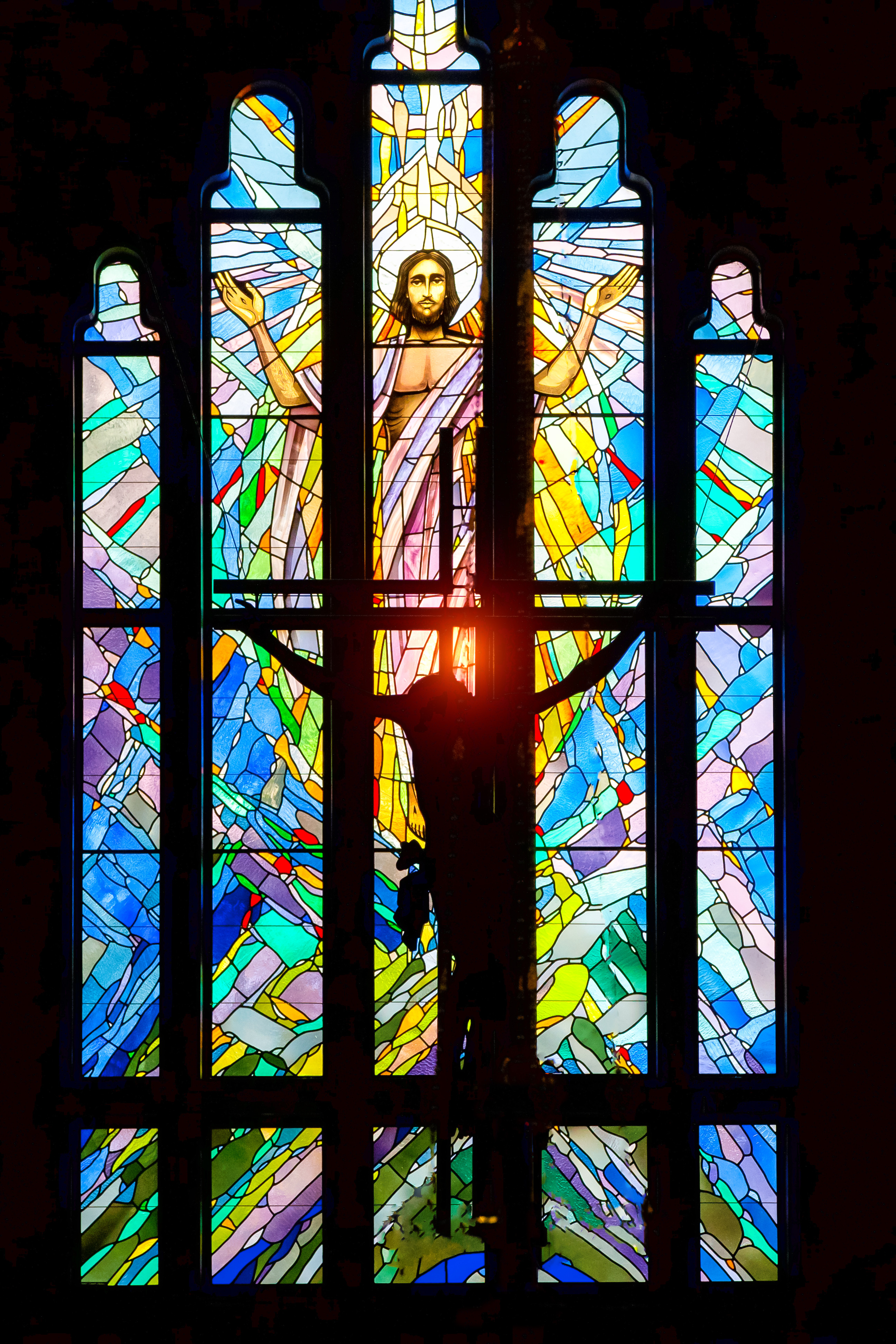





 Allison Gingras (
Allison Gingras ( 
 Tami Urcia grew up in Western Michigan, a middle child in a large Catholic family. She spent early young adulthood as a missionary in Mexico, studying theology and philosophy, then worked and traveled extensively before finishing her Bachelor’s Degree in Western Kentucky. She loves tackling projects, finding fun ways to keep her little ones occupied, quiet conversation with the hubby and finding unique ways to love. She works full time, is a guest blogger on
Tami Urcia grew up in Western Michigan, a middle child in a large Catholic family. She spent early young adulthood as a missionary in Mexico, studying theology and philosophy, then worked and traveled extensively before finishing her Bachelor’s Degree in Western Kentucky. She loves tackling projects, finding fun ways to keep her little ones occupied, quiet conversation with the hubby and finding unique ways to love. She works full time, is a guest blogger on 
 Merridith Frediani loves words and is delighted by good sentences. She also loves Lake Michigan, dahlias, the first sip of hot coffee in the morning, millennials, and playing Sheepshead with her husband and three kids. She writes for Catholic Mom, Diocesan.com, and her local Catholic Herald. Her first book Draw Close to Jesus: A Woman’s Guide to Adoration is available at Our Sunday Visitor and Amazon. You can learn more at
Merridith Frediani loves words and is delighted by good sentences. She also loves Lake Michigan, dahlias, the first sip of hot coffee in the morning, millennials, and playing Sheepshead with her husband and three kids. She writes for Catholic Mom, Diocesan.com, and her local Catholic Herald. Her first book Draw Close to Jesus: A Woman’s Guide to Adoration is available at Our Sunday Visitor and Amazon. You can learn more at 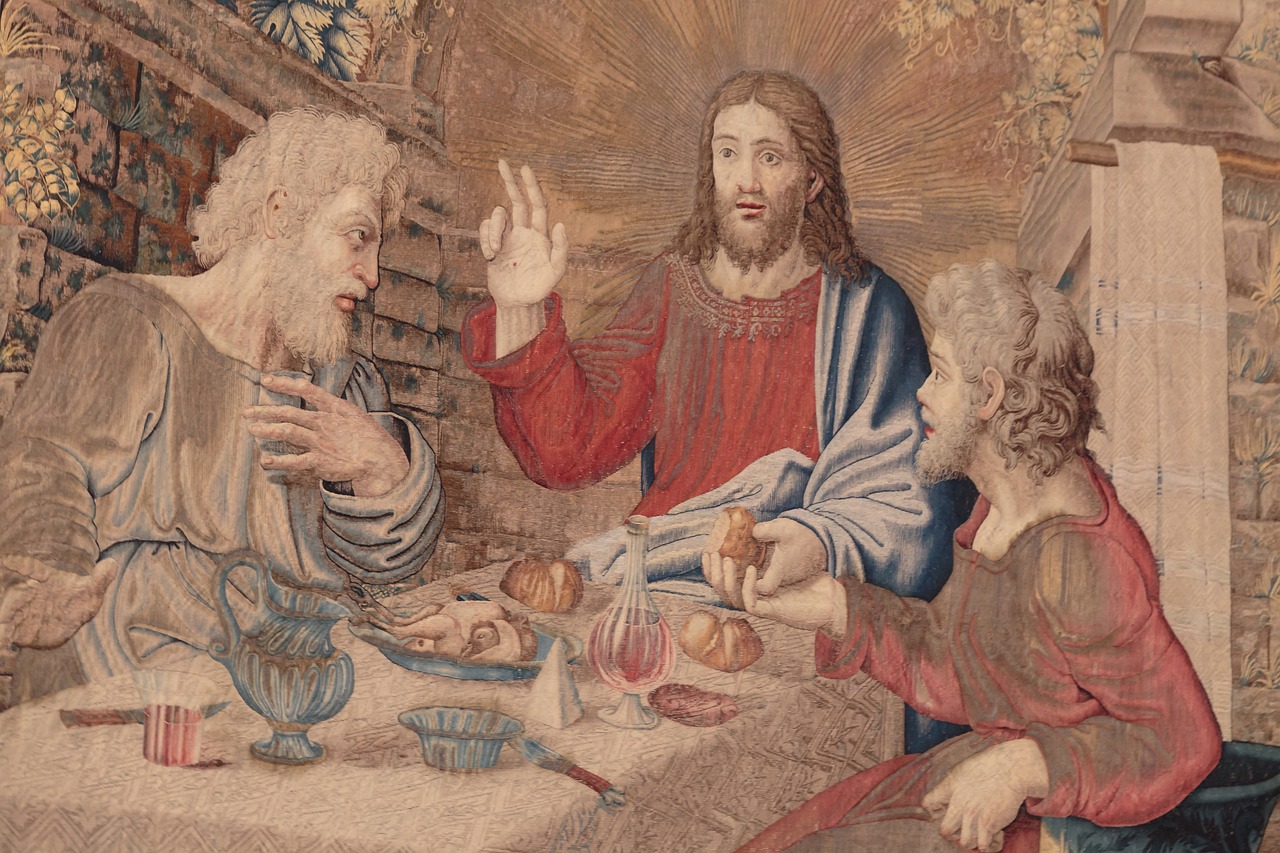
 Elizabeth Tomlin is the author of Joyful Momentum: Building and Sustaining Vibrant Women’s Groups and contributing author to the Ave Prayer Book for Catholic Mothers. She is General Counsel for the Archdiocese for the Military Services, USA. Elizabeth is an Army wife and mother of three and currently lives in the DC area. She blogs at
Elizabeth Tomlin is the author of Joyful Momentum: Building and Sustaining Vibrant Women’s Groups and contributing author to the Ave Prayer Book for Catholic Mothers. She is General Counsel for the Archdiocese for the Military Services, USA. Elizabeth is an Army wife and mother of three and currently lives in the DC area. She blogs at 
 Dr. Alexis Dallara-Marsh is a board-certified neurologist who practices in Bergen County, NJ. She is a wife to her best friend, Akeem, and a mother of two little ones on Earth and two others in heaven above.
Dr. Alexis Dallara-Marsh is a board-certified neurologist who practices in Bergen County, NJ. She is a wife to her best friend, Akeem, and a mother of two little ones on Earth and two others in heaven above.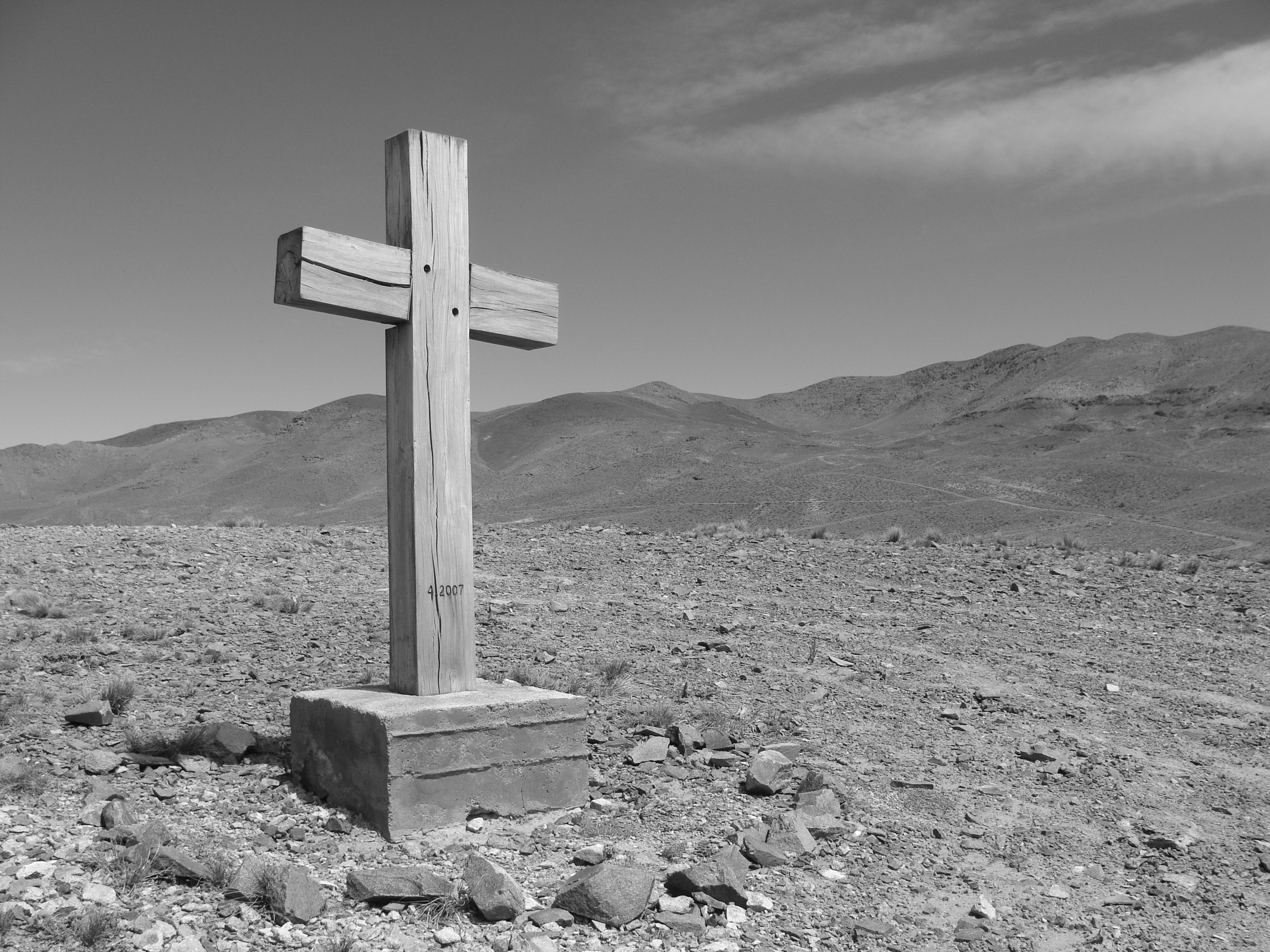

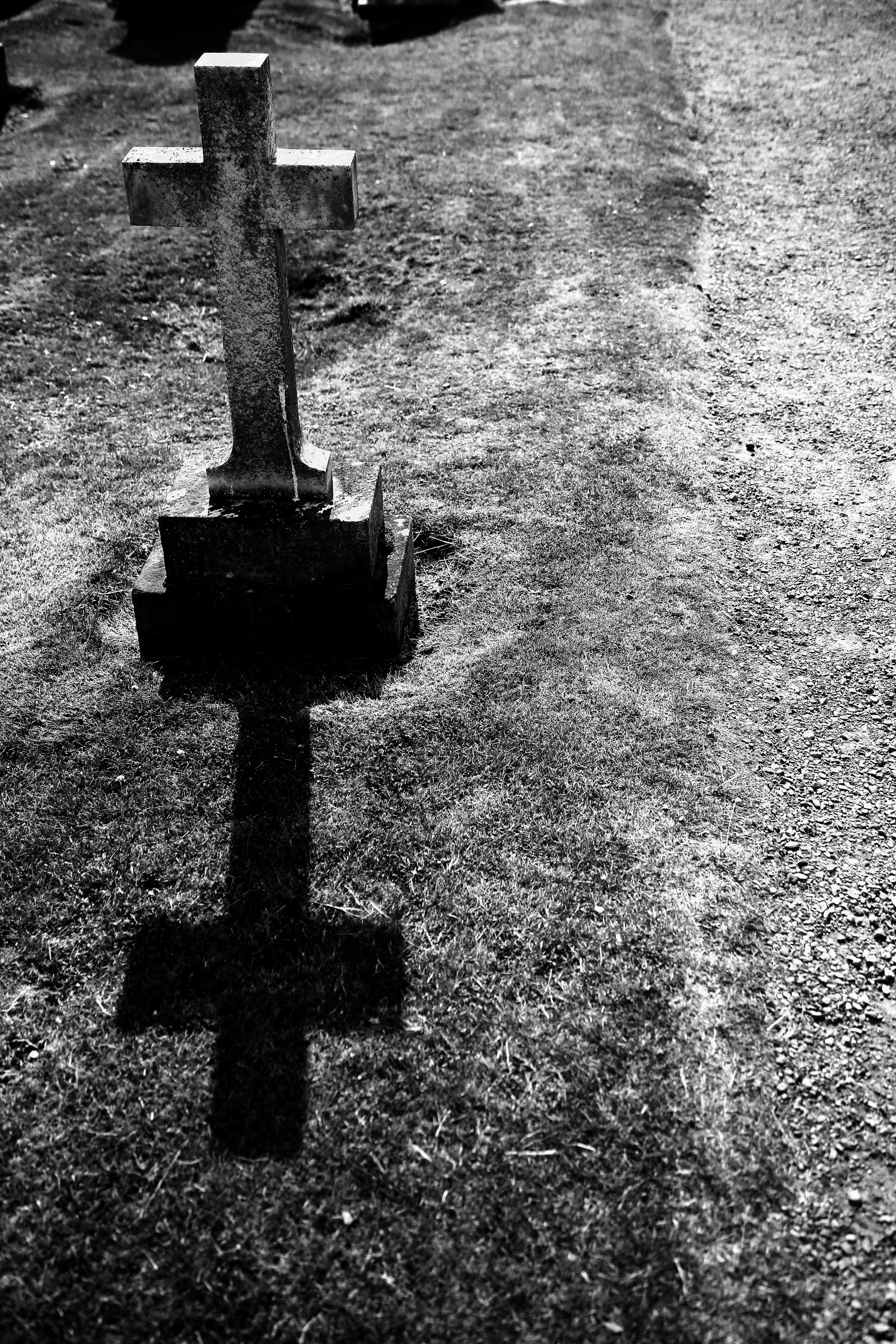


 Deanna G. Bartalini, M.Ed.; M.P.A., is a certified spiritual director, writer, speaker and content creator. The
Deanna G. Bartalini, M.Ed.; M.P.A., is a certified spiritual director, writer, speaker and content creator. The 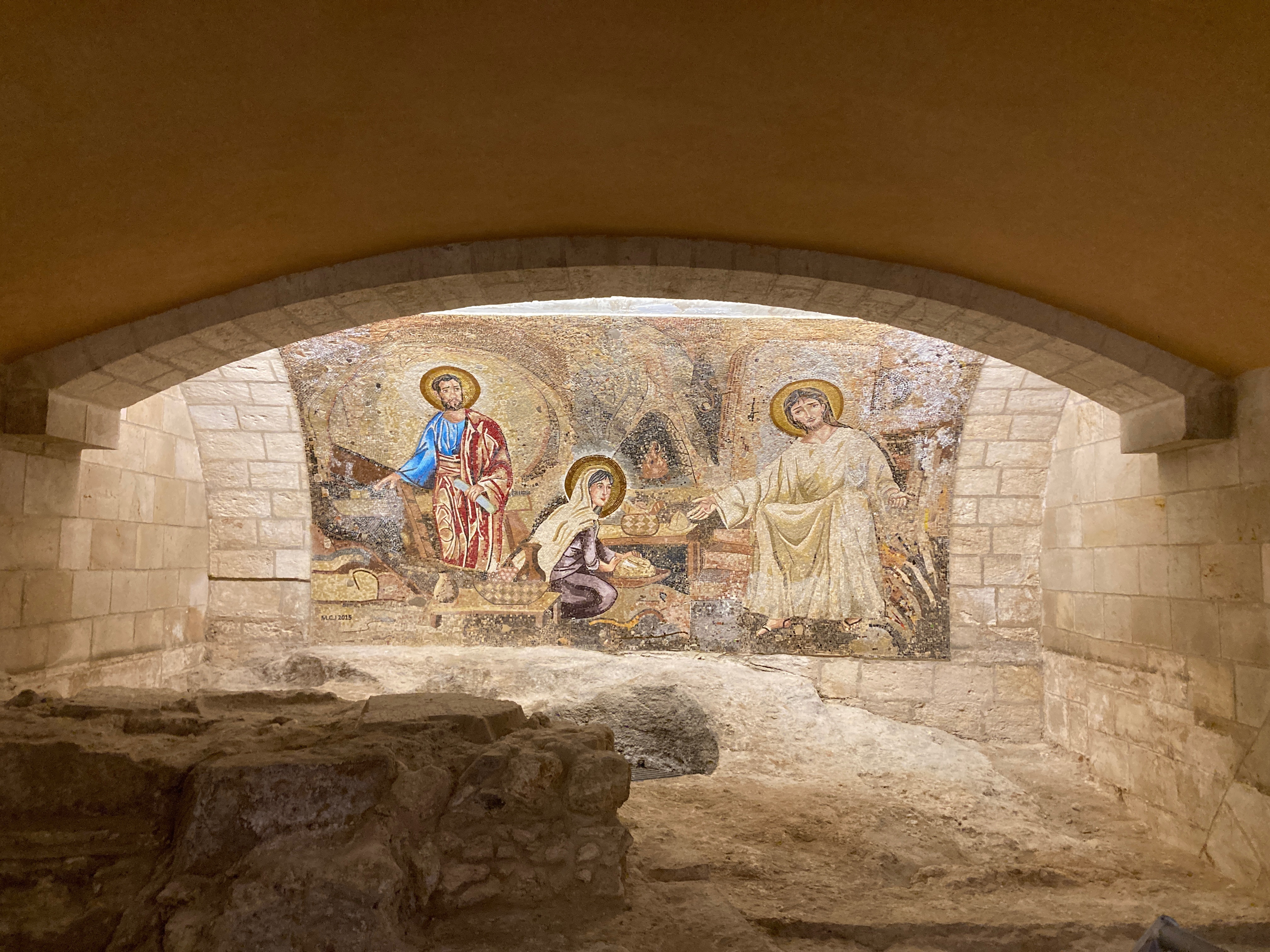
 Emily Jaminet is a Catholic author, speaker, radio personality, wife, and mother of seven children. She earned a bachelor’s degree in mental health and human services from the Franciscan University of Steubenville. She is the co-founder of
Emily Jaminet is a Catholic author, speaker, radio personality, wife, and mother of seven children. She earned a bachelor’s degree in mental health and human services from the Franciscan University of Steubenville. She is the co-founder of 